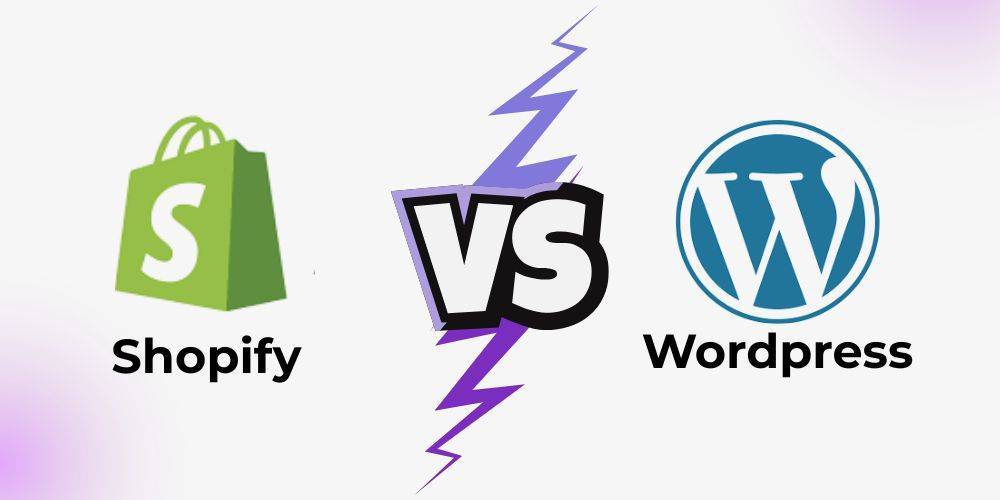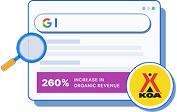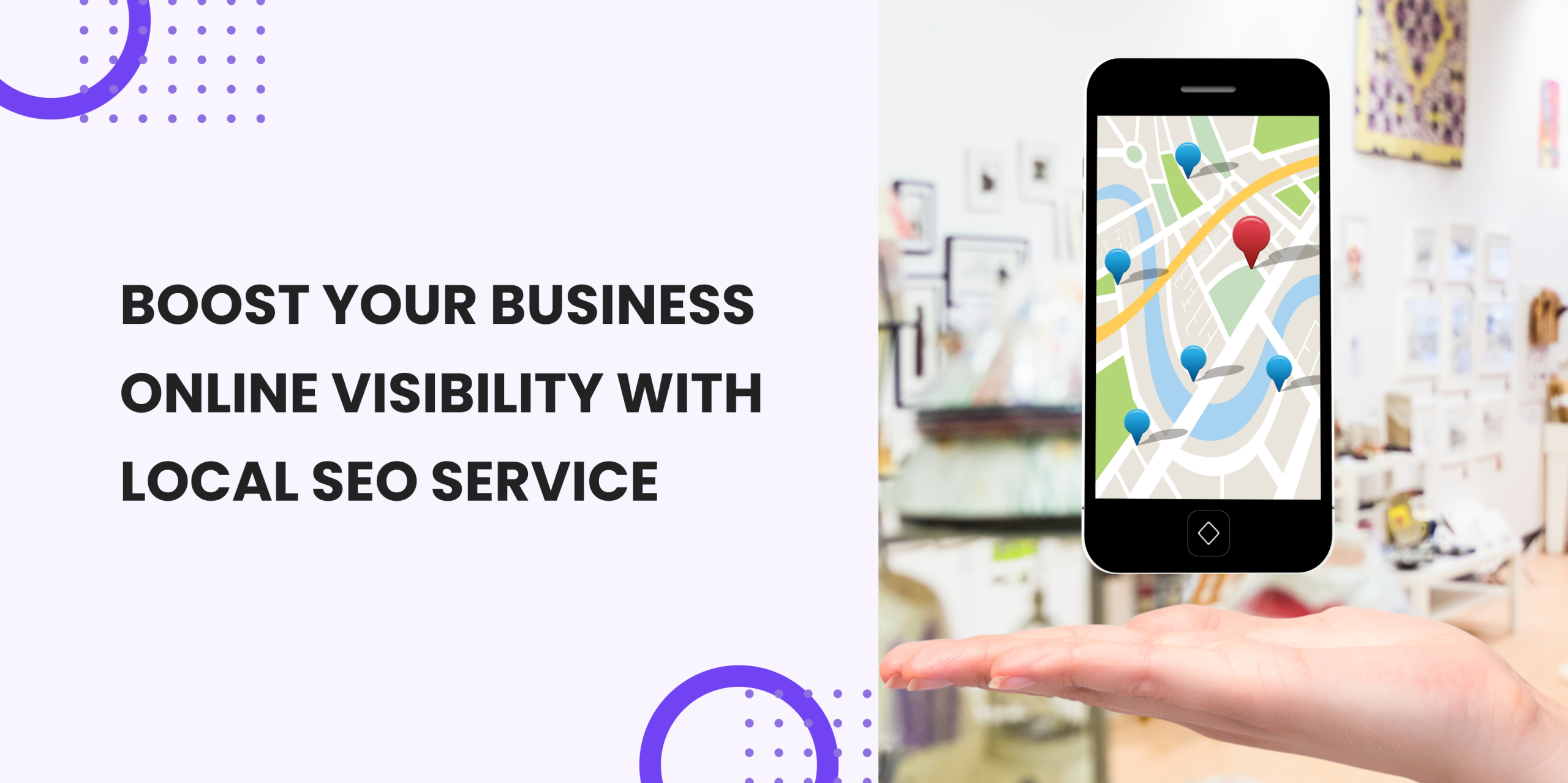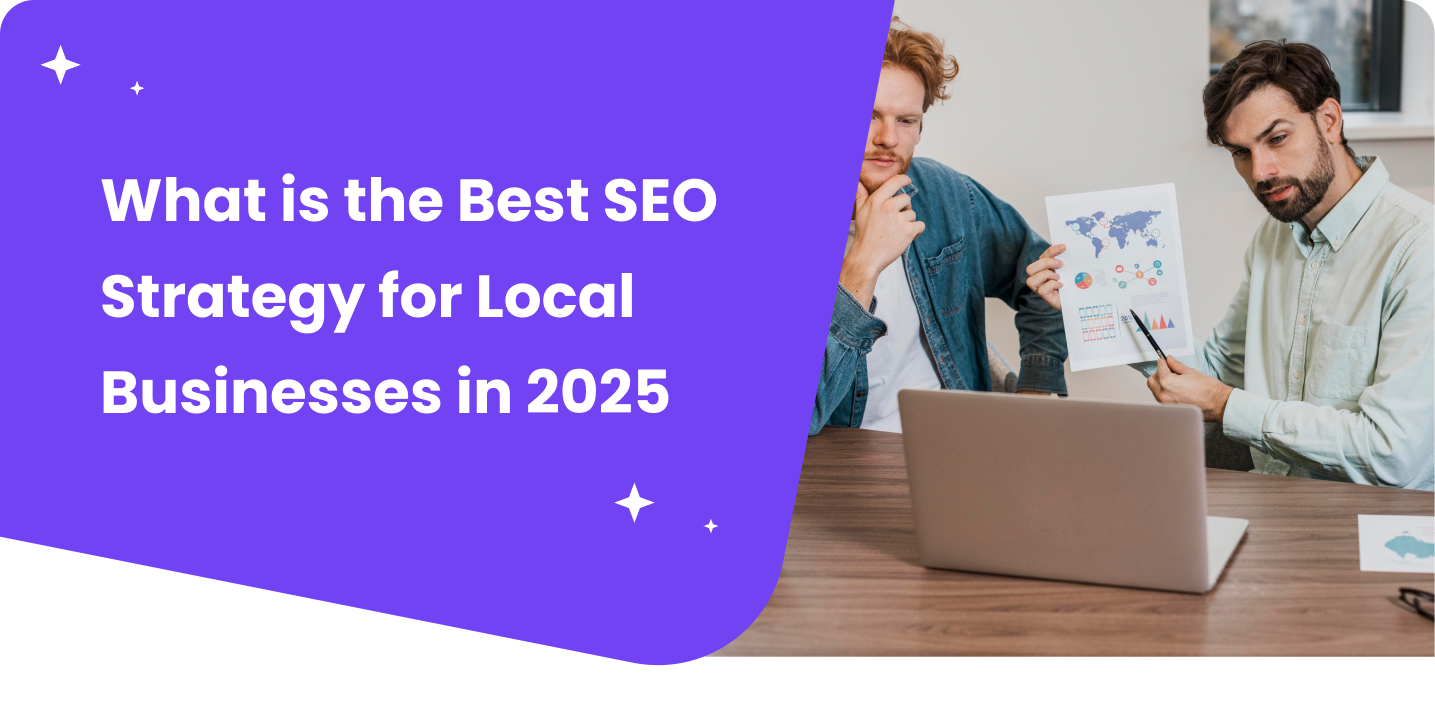If you are a business owner who is going to launch the first online store, on a marketer scaling content strategy, or if he/she is a startup founder who wants to have digital growth then choosing the right platform is a big decision.
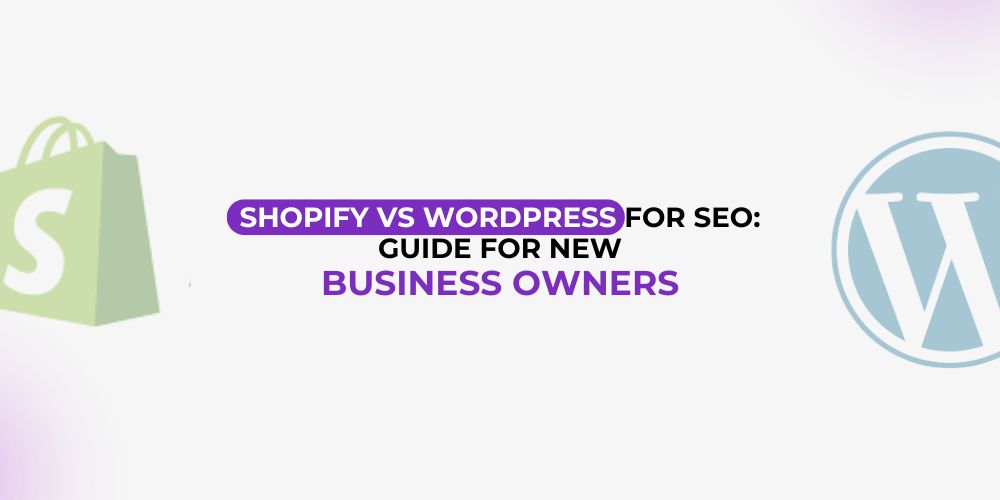
Shopify and WordPress are two of the most popular website builders in today’s peaking digital market, both of them have their own distinct SEO features. But in 2025, with AI-enhanced search engines and increasing competition, your platform choice can directly impact your visibility, traffic, and growth.
Challenges Faced By Small Business Owners
- Struggling with the low Google rankings despite the quality content.
- Wasting hours on the plugins or third-party tools just to fix SEO basics.
- Confused by the technical SEO settings, especially if you are not a developer.
- Getting more of the traffic, but very few conversions or sales.
- Paying extra for the SEO help when it should be simple to manage.
Solutions
- Learn that which platform offers the better built-in SEO tools for faster results.
- Understand that how to manage SEO easily without relying on the complex code.
- See which platform gives you more control over speed, structure, and the rankings.
- Get insights on how to attract the right traffic that actually gives you benefits.
- Discover how The Meta Future can help you in ranking higher, faster, and stay ahead of your competition.
The Role of SEO Optimization
Check these out:
- 93% of online experiences start with a search engine
- All Google Finds have local intentions of 46%
- Only 0.63% of people visit the other side of Google (Backlinko, 2024)
By 2025, with an increase in competition and an increase in AI-enhanced search (eg, Google SGE), your SEO can destroy or hinder your growth. Whether you own a physical store or run an e-commerce brand, strong SEO means more traffic, more confidence, and more sales.
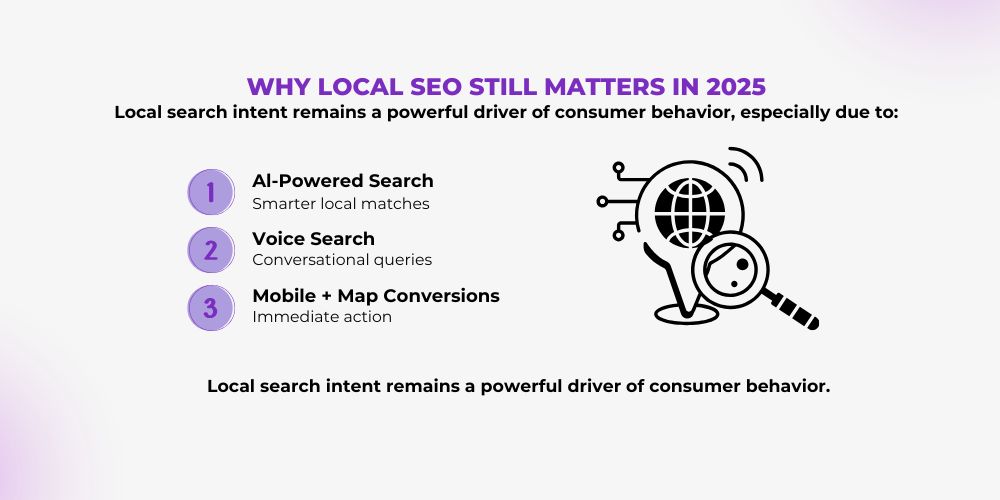
For small businesses and startups, ranking on search engines can be the difference between steady growth and inactiveness. Choosing a platform with strong SEO support is not optional, it’s important
Quick Overview: Shopify vs WordPress
This comparison is specially designed to help the founders, marketers, and small business owners to understand the core SEO differences before committing to one platform.
Here’s a quick side-by-side comparison:
| Feature | Shopify | WordPress (with WooCommerce) |
| SEO Readiness | Built-in but limited | Highly customizable |
| Ease of Use | Beginner-friendly | Requires some technical skill |
| Hosting | Hosted solution (fast) | Self-hosted (depends on provider) |
| Plugin Support | Limited app store | Extensive plugin ecosystem |
| Blog Capabilities | Basic blogging | Excellent for blogging & content SEO |
| Technical SEO Control | Limited | Full access to core files & configs |
Key SEO Features Compared
Shopify Pros
- Clean and simple URL structure
- Fixed soldering times (CDN-supported)
- Mobile-appropriate subject
- SSLS and HTTPS are capable of standard
- Fat sitemap.xml and robots.txt
Shopify Cons
- Limited control of technical elements (e.g., canonical tag, server settings)
- Blogs and content equipment are basic
- SEO optimization often requires paid apps
WordPress Pros
- Full access to on-page SEO
- Free and Premium SEO plugins like YOAST SEO, Rank Mathematics, and all SEO
- Ideal for material marketing and customized destination pages
- Schema can control all details, including labeling and structured data
WordPress Cons
- Regular updates and backups require
- Performance depends on your host provider
- The risk of spots with many plugins
Performance Comparison Across Platforms
If you are a local business owner from salons and restaurants to law firms or fitness coaches, the local SEO determines how easily the customers find you on Google Maps or “near me” searches.
Both Shopify and WordPress support local SEO. Local SEO is important for service providers, restaurants, or any brick-and-mortar business.
Shopify for Local SEO
- Limited control of structured data, which can affect the rich results, as local search functions
- Good for the beginners who want “just enough” local SEO out of the box.
WordPress for Local SEO
Complete adaptation of:
- Website-Specific Destination Page
- Local Schema Markup
- Google Maps integration
- Catalog Wash via Whitespark, Moz Local, etc.
Best SEO Tools You Can Use
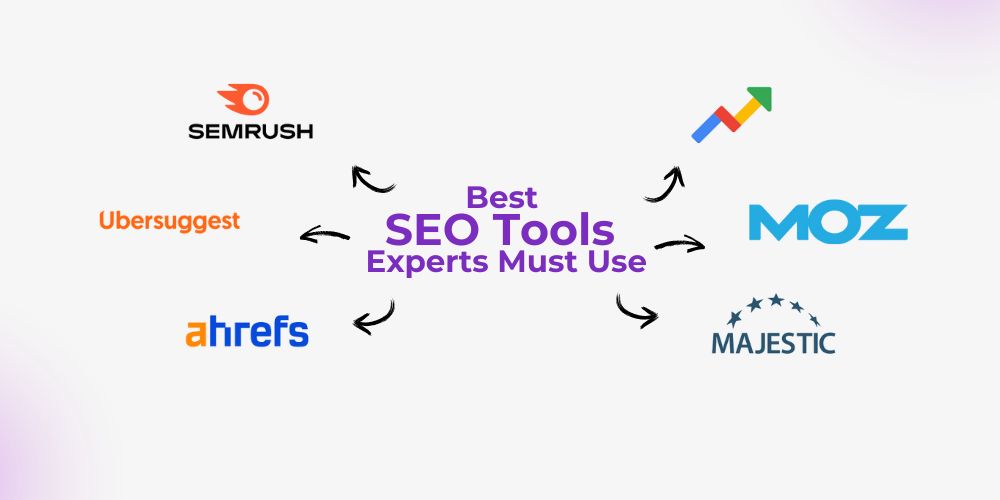
These tools are essential regardless of platform:
Fun Fact: Companies with customized Google Business Profiles get 7x more clicks (Google Internal Data).
Actual Data and Performance Insights
Here is a simple visual showing the SEO capabilities of Shopify vs. WordPress:
Key Takeaways:
- WordPress is more preferable when doing the technical SEO control
- Shopify works well when it comes to the speed and ease of use.
- On WordPress, there are more ways to do SEO
Choosing the Right Option for Your Business Type
Here is how to decide based on the kind of business you are running:
Shopify is ideal for:
- E-commerce startups, if you want a fast and low-maintenance setup
- Business owners who want to focus on the sales not only on the tech
- Marketers who prefer the simple tools and integrations
WordPress is ideal for:
- It is perfect for content-based businesses, consultants, or all service providers
- Startups aiming for long-term SEO growth through blogs and landing pages
- For all the Digital marketers or developers looking for full SEO control
Common SEO Issues Across Both Platforms
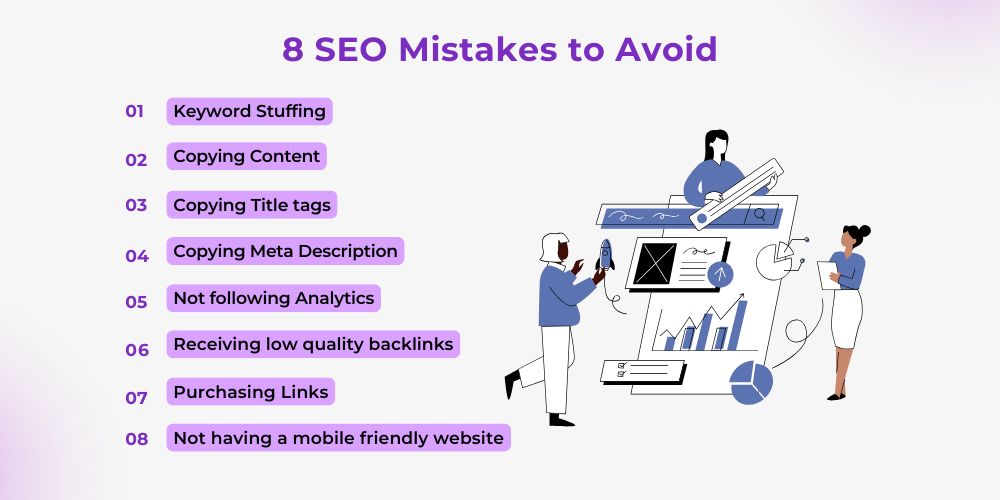
Shopify Users Often:
- They skipped the meta description and forgot to optimize the image alt
- They do not use the structured data properly
- They rely too much on the default settings or paid apps
WordPress Users Often:
- Sometimes, they install too many plugins without the SEO benefit
- They do not pay much attention to mobile optimization and caching
- Usually, they forget to fix the broken links or redirect old pages
Just for your information, here are 8 more common seo mistakes are highlights which you must avoid:
How The Future of Meta Empowers Your SEO Success
At The Meta Future, we specialise in helping startups, small businesses, and ambitious brands to boost their SEO on both WordPress and Shopify. If you are a local service provider or an e-commerce entrepreneur, then our custom approach delivers you the best positive and success oriented results.
Our offer:
- Full Local SEO service (Google Map, Directory Sink, Schema Markup)
- Adaptation of the location of the wrenching words
- Weekly Audit and Tracking Report
- Plugin and App Setup (Yoast, Semrush, Plugin SEO)
The speed of the website, mobile responsibilities, and the technical SEO for the crew, regardless of whether you use Shopify or WordPress, make a difference between good devices and real results.
Final Thoughts
So, if you are a small business owner, marketer, or the startup leader who is still wondering which platform gives you the SEO edge then here is the bottom line:
- Choose Shopify for simplicity, speed, and ease of use
- Choose WordPress for the flexibility, control, and long-term SEO growth
And if you are serious about making SEO work, regardless of the platform, then The Meta Future is here to support you with the expert tools, strategy, and strategic implementation.
Remember that SEO is not about the device, it is about strategy, so choose a platform that converts traffic to trust and income.

